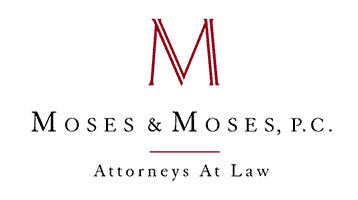With an estate tax and gift tax “exemption” at $5,250,000 and availability of portability of the unused exemption into the second estate, the vast majority of estates will not be subject to estate tax or gift tax at all. However, failure to file an estate tax return for the exempt estate can have adverse results for the second estate, if there is a need to use the portability provisions from the first estate.
Suppose that W dies in 2013 leaving a gross estate worth $2,000,000 consisting of a residence of $500,000 and a small business worth $1,500,000 (funded by buy-sell life insurance). No estate tax return is required to be filed, since the estate is less than $5,250,000 (assuming no prior taxable gifts that would place the total gross estate above the exemption amount). Now, suppose that H dies two years later with a gross estate worth $7,750,000 consisting of stocks and bonds, and real estate held in limited liability companies. Presumably, this second estate would also be exempt, because it can use the current exemption amount (which for illustration purposes we can assume has been increased to $5,500,000) plus the unused $2,250,000 (the “DSUE” or Deceased Spouse’s Unused Exemption) from the first estate.
Of course, it is not that simple. If the first estate did not timely file an estate tax return, it is too late to elect the portability. Reg. §20.2010-2T(a)(1)-(4) However, filing a return makes the election and it is irrevocable. The regulations do permit the election to be made by either an appointed executor or administrator, or the “statutory executor” (any person in actual or constructive possession of any property of the decedent – §20.2010-2T(a)(6)). The election by any non-appointed party cannot be superseded by another non-appointed party.
At least if a return needs to be filed for the purpose of making the election, IRS recognizes in its regulations that less rigorous rules will be applied to valuations, except in case of formula bequests and partial disclaimers, partial Q-TIP elections, split-interest transfers and other technical transfers. Be aware that this return electing the DSUE amount remains open for examination and contest as to the DSUE amount after the period of limitation for assessment has expired. Reg. §§20.2010-2T(d), 20.2010-3T(d) and 25.2505-2T(e).
It is important to note that neither remarriage nor divorce will affect the availability of the DSUE amount, but the death of a subsequent spouse will terminate the availability of the DSUE amount from the previous last deceased spouse. Reg. §§20.2010-3T(a) and 25.2505-2T(a)






